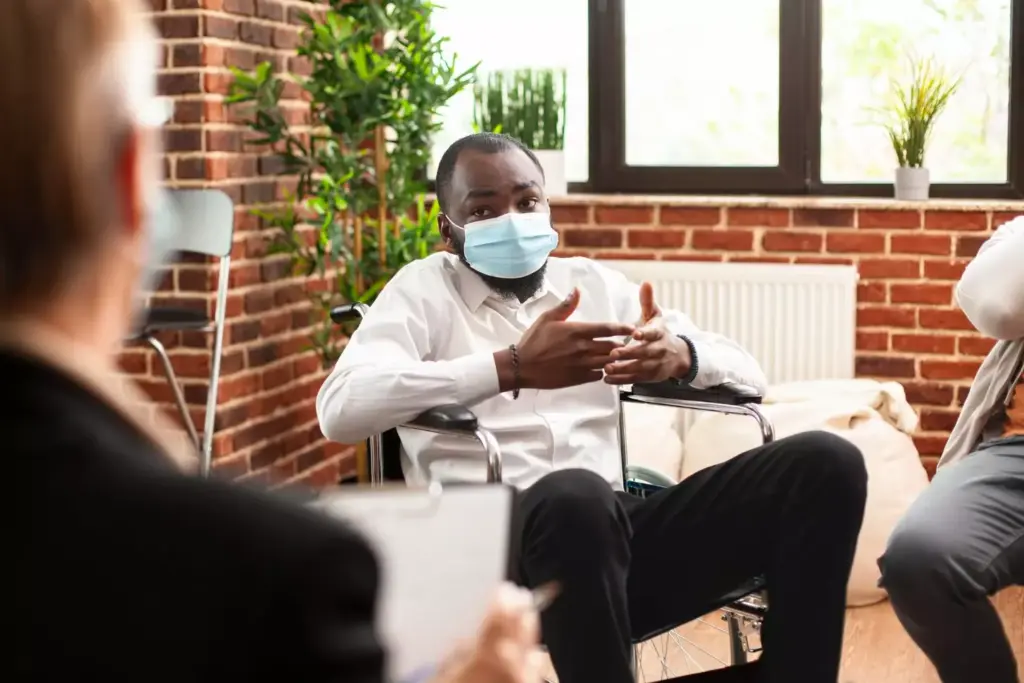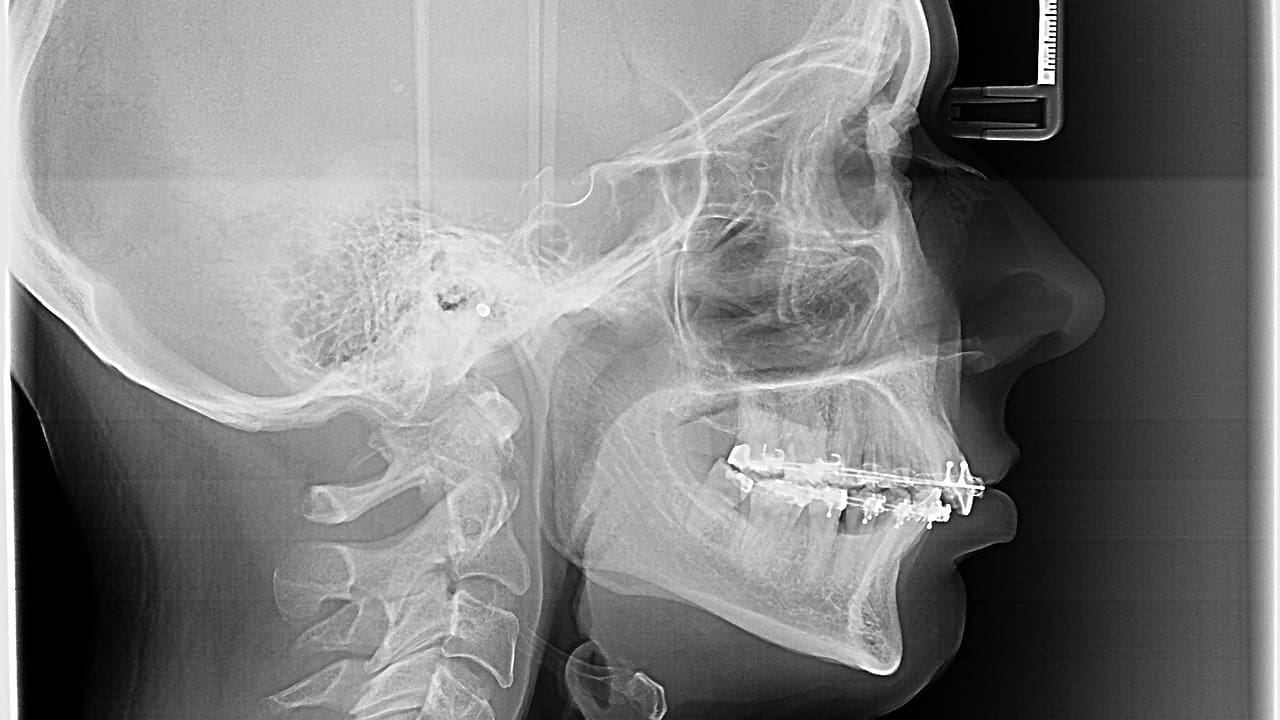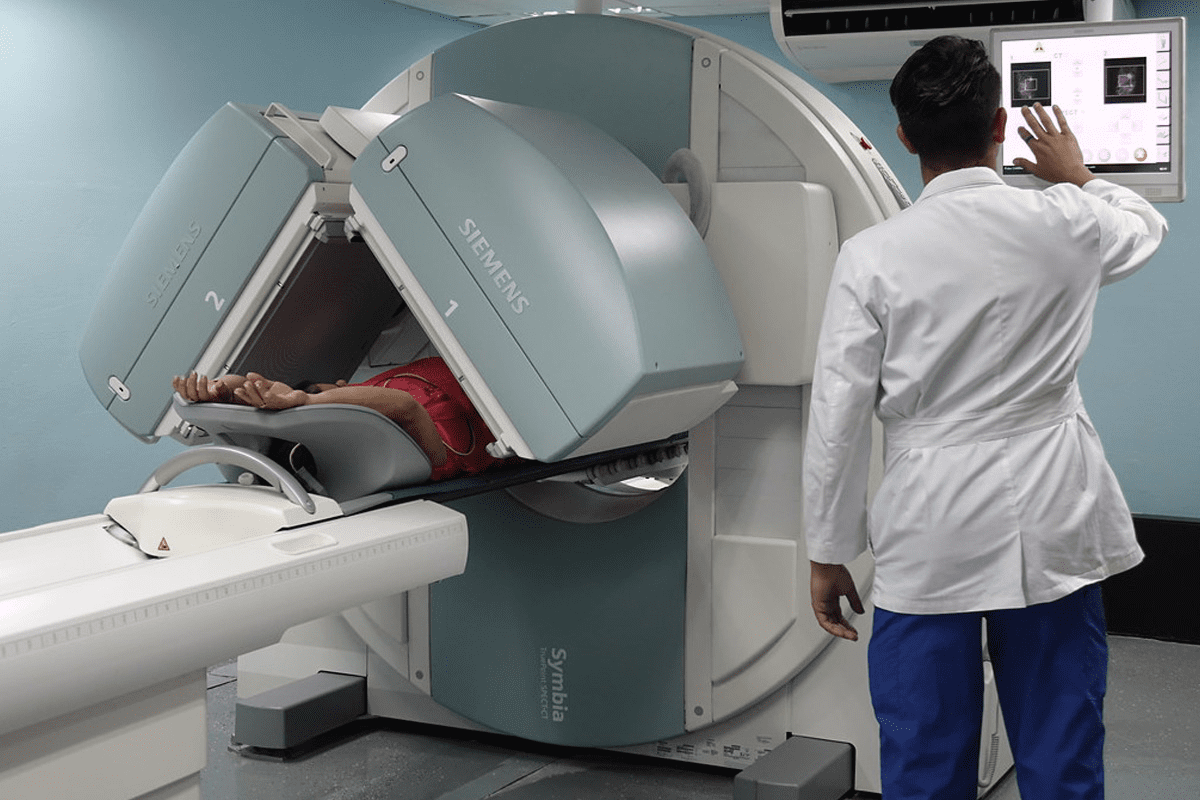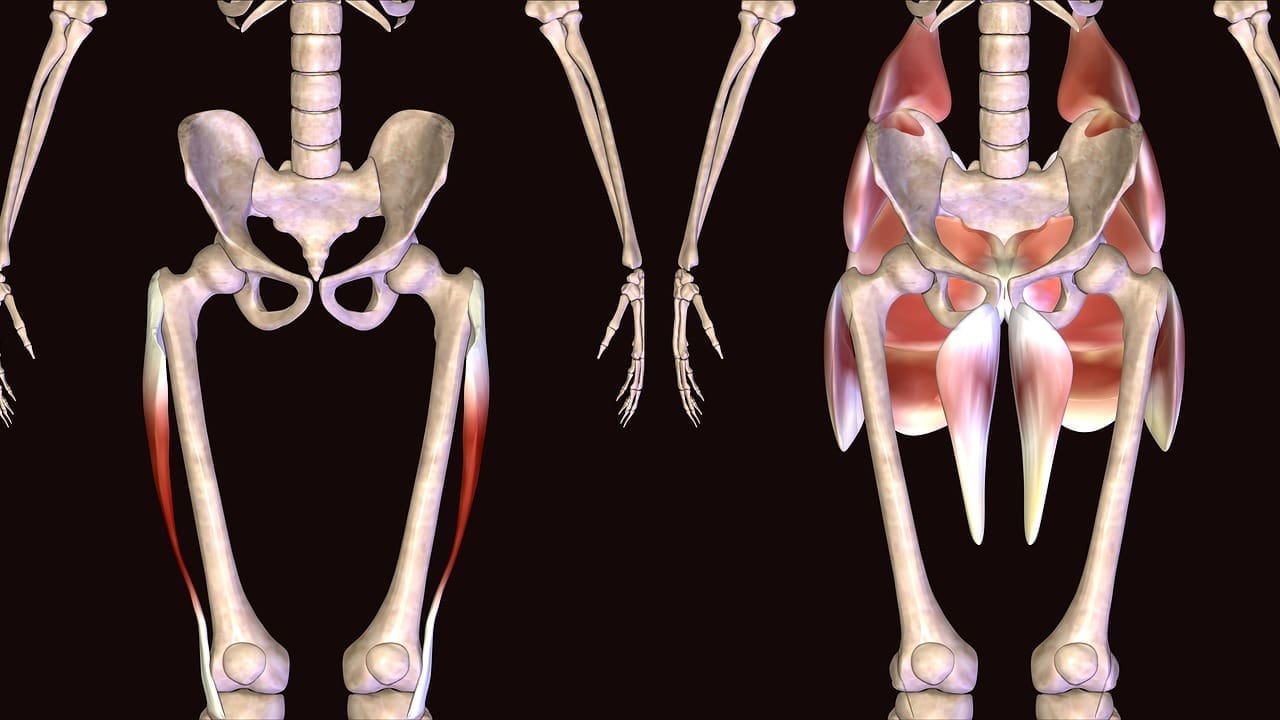Last Updated on November 27, 2025 by Bilal Hasdemir
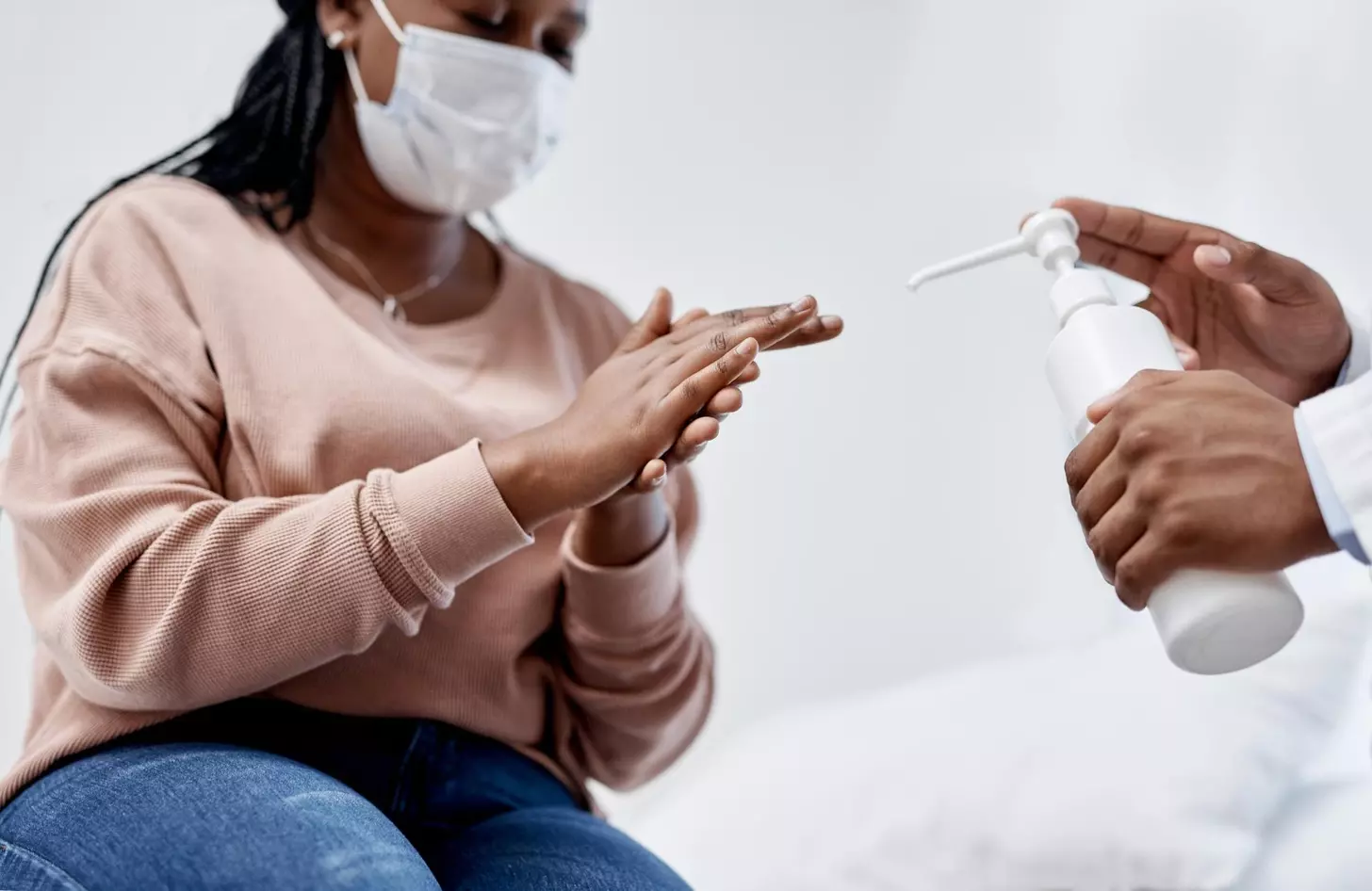
Getting help for substance use is a big step towards healing. We know that addiction hurts not just the person but their family too. That’s why we offer top-notch care through our 15 residential treatment options.
Studies show that residential substance use treatment really works. It tackles addiction and mental health issues well. Our list includes places like Liv Hospital, known for caring and modern treatment.
We have a structured way to help you get better. You’ll get 24/7 medical care and therapies made just for you.
Key Takeaways
- Comprehensive care for substance use and underlying mental health needs
- 24/7 medical supervision for a safe recovery environment
- Personalized therapies to address individual needs
- Trusted hospitals with up-to-date protocols and compassionate care
- A patient-centered philosophy to support lasting recovery
What Is Residential Substance Use Treatment
Residential substance use treatment is a complete program. It includes medical detox, clinical support, and therapy. This helps people overcome addiction and mental health issues, giving them the tools for lasting sobriety.
This treatment offers a safe, supportive place for recovery. It removes daily distractions and triggers. This lets people focus on healing.
The Structured Approach to Recovery
Residential treatment programs have a set plan for care. They offer individual counseling, group therapy, and educational sessions. These are all tailored to each person’s needs.
Group therapy creates a sense of community and support. People share their stories and learn from others facing similar challenges. This group aspect is very powerful in recovery.
Medical Detox and Clinical Support
Medical detox is key in this treatment. It provides a safe place for people to stop using substances. Doctors and nurses are always there to help with withdrawal symptoms and medical issues.
Clinical support goes beyond detox. It includes ongoing psychiatric care and therapeutic support. This ensures people get the care they need for both physical and mental health.
By combining medical detox and clinical support, these programs offer a full care plan. For those looking for help, finding an inpatient facility near me is a big step towards recovery.
Benefits of Choosing Residential Substance Use Treatment
Residential substance use treatment offers many benefits. It includes round-the-clock medical care, personalized therapy, and a supportive community. These elements are key for lasting recovery.
24/7 Medical Supervision and Support
One big plus of residential treatment is 24/7 medical supervision. This means constant care for any health issues that might arise during recovery.
A leading addiction expert says, “Having medical staff on call all the time makes detox safer. It creates a better environment for healing.”
“Having medical staff on call all the time makes detox safer. It creates a better environment for healing.”
Comprehensive Therapy Options
Residential programs offer many comprehensive therapy options. These include one-on-one counseling, group therapy, family therapy, and even art or music therapy. This variety helps people understand and tackle the reasons behind their addiction.
- Individual counseling to address personal issues
- Group therapy to foster a sense of community
- Family therapy to heal relationships
- Alternative therapies to promote holistic healing
Removal from Triggering Environments
Another big advantage is being away from triggering environments. Living in a treatment center keeps people away from things that might make them want to use drugs again. This lets them focus on getting better.
| Benefits | Description |
|---|---|
| 24/7 Medical Supervision | Constant medical care to address withdrawal symptoms and other complications |
| Comprehensive Therapy | Diverse therapeutic approaches to address the root causes of addiction |
| Removal from Triggers | Distance from environments that may trigger substance use |
Studies show that residential treatment can lead to better results and fewer relapses. It gives people a supportive and structured place to work on staying sober for good.
Finding Treatment Centers in Your Area
Finding the right residential substance use treatment center is easier than ever. There are many options available. It’s important to have the right resources to make a good choice.
Finding a treatment center can seem hard, but there are tools to help. Many centers now accept Medicaid. This makes quality care more accessible.
Online Treatment Locator Tools
Online tools have changed how we find treatment centers. You can search by location, insurance, and treatment type. Using online directories saves time and gives a list of nearby centers.
Benefits of online tools include:
- Easy comparison of centers
- Filtering by insurance and treatment
- Reviews and ratings from others
Local Resources and Referrals
Local resources and referrals are also key. Healthcare professionals and support groups offer great advice. They know the area well.
Ways to use local resources include:
- Talking to your doctor for suggestions
- Reaching out to local support groups
- Getting info from local health departments
By using online tools and local resources, you can make a better choice. We aim to support you every step of the way.
Top 15 Types of Residential Substance Use Treatment Programs
There are many residential treatment programs for substance use disorders. Each one is designed for different needs. It’s important to know what’s out there.
Residential treatment offers many options. From luxury residential treatment centers with fancy amenities to faith-based recovery programs that use spiritual guidance.
1. Luxury Residential Treatment Centers
Luxury centers offer comfort and care. They have private rooms, gourmet meals, and holistic therapies. This makes a great place for recovery.
2. Faith-Based Recovery Programs
Faith-based programs mix spiritual principles with treatment. They’re perfect for those who find strength in their faith.
3. Gender-Specific Treatment Programs
These programs are for men and women separately. They address gender-specific issues in a safe, supportive setting.
4. Holistic Treatment Centers
Holistic centers treat the whole person. They use yoga, meditation, and art therapy, along with traditional methods.
These are just a few of the top 15 residential treatment programs. Each one has its own way of helping people recover. People can pick the one that fits their needs best.
Finding the right recovery path is key. It could be through luxury, faith, or holistic approaches. The goal is to give people the tools and support for lasting sobriety.
“The journey to recovery is just as important as the destination. It’s about finding a path that works for you and having the support to stay on it.”
- Luxury residential treatment centers offer high-end amenities.
- Faith-based recovery programs incorporate spiritual guidance.
- Gender-specific treatment programs address unique gender needs.
- Holistic treatment centers focus on body, mind, and spirit.
Insurance Coverage and Payment Options
Residential substance use treatment centers now offer many insurance options and payment plans. This makes getting help easier. It’s important to know these options to choose the right care.
Many centers near you accept Medicaid. This is great news. It means more people can get the help they need without worrying about money.
Treatment Centers Accepting Medicaid
Medicaid is a big help for those seeking treatment. Centers that take Medicaid offer many services. These include detox and therapy programs.
Choosing a Medicaid center has many benefits. You get affordable care and access to many services. It also lets you focus on getting better without money worries.
Private Insurance and Self-Pay Options
Centers also accept private insurance. This gives people with different plans options. If you don’t have insurance or it doesn’t cover enough, you can pay yourself.
Some centers have plans to help with costs. They might offer financing or fees based on how much you can pay. It’s key to:
- Check if your insurance is accepted
- Ask about paying yourself or financing plans
- Talk about your money situation with the admissions team
Knowing about insurance and payment options helps you start your recovery journey with confidence.
“The financial aspect of treatment should not be a barrier to recovery. We work with various insurance providers and offer flexible payment options to ensure that our programs are accessible to those who need them.”
Specialized Programs for Specific Substances
Our residential substance use treatment centers have specialized programs for different substance dependencies. These programs are made to meet the unique needs of each person. Studies show they are very effective in treating various substance use disorders.
Alcohol Addiction Treatment Programs
Our alcohol addiction treatment programs tackle both the physical and mental sides of alcohol dependency. They include medical detox, therapy sessions, and aftercare planning. This helps ensure a successful recovery.
Opioid Detox and Recovery Programs
Our opioid detox and recovery programs are for those struggling with opioid addiction. They offer a detailed treatment plan. This includes medication, counseling, and support groups to manage withdrawal and prevent relapse.
Programs for Multiple Substance Dependencies
Many people deal with multiple substance dependencies, needing a more complex treatment. Our programs address these needs with a holistic approach. They consider all substances involved.
By focusing on specialized programs for specific substances, we offer more effective care. This care is tailored to each person’s needs, boosting their recovery chances.
Immediate Help: Detox Options Near You
When you need help for substance use, knowing about local detox options is key. The first step to recovery is detoxification. Detox centers near you offer the support you need to face substance use challenges.
Hospital-Based Detoxification
Hospital-based detox programs provide a safe place for detox. They are great for those with severe addictions or health issues.
Key Features of Hospital-Based Detox:
- 24/7 Medical Supervision
- Access to Advanced Medical Equipment
- Multidisciplinary Care Team
Standalone Detox Centers
Standalone detox centers focus on detox services outside hospitals. They offer a more personal care approach in a comfortable setting.
Benefits of Standalone Detox Centers include:
- Specialized Staff with Expertise in Detox
- Tailored Treatment Plans
- A Supportive Community Environment
| Detox Option | Key Features | Benefits |
|---|---|---|
| Hospital-Based Detox | 24/7 Medical Supervision, Advanced Medical Equipment | Safe Environment, Complete Care |
| Standalone Detox Centers | Specialized Staff, Personalized Treatment Plans | Focused Care, Supportive Setting |
Knowing the differences between hospital-based detox and standalone centers helps in making the right choice. We aim to offer top-notch healthcare and support for those looking for detox options near them.
Levels of Care in Substance Use Treatment
It’s important to know the different levels of care in substance use treatment. This knowledge helps in choosing the right path for recovery. Treatment options range from intensive residential programs to flexible outpatient services, meeting various needs.
Inpatient Residential Programs
Inpatient residential programs offer 24/7 care in a structured setting. They are best for those with severe addiction or who haven’t done well with outpatient treatment. Residential treatment centers provide a supportive community and many therapy options. These include individual and group counseling, medical detox, and educational workshops.
Partial Hospitalization Programs (PHP)
Partial Hospitalization Programs (PHP) are a step down from inpatient care. PHPs offer intensive therapy and medical support during the day. Participants can go home or to a sober living environment at night. This level is for those needing ongoing medical and therapy support but not 24/7 care.
Intensive Outpatient Programs (IOP)
Intensive Outpatient Programs (IOP) are flexible, with sessions a few times a week. IOPs are for those who have done well in higher levels of care or need ongoing support without daily supervision. These programs include group therapy, individual counseling, and educational components.
Here’s a comparison of these levels of care:
| Level of Care | Intensity | Setting |
|---|---|---|
| Inpatient Residential | High | 24/7 Residential |
| Partial Hospitalization (PHP) | High to Moderate | Day Program |
| Intensive Outpatient (IOP) | Moderate | Several Times a Week |
Knowing the different levels of care helps individuals choose the best program for them. This increases their chances of successful recovery. Research shows that different levels work for different people, making a tailored approach key.
Mental Health and Addiction: Integrated Treatment
Many people struggle with both substance use and mental health issues. Our residential treatment centers tackle both problems together. This way, we offer a complete recovery plan.
Studies show that treating both addiction and mental health at once works well. We mix therapies for substance use and mental health. This approach boosts recovery chances and helps people stay on track.
Co-Occurring Disorder Treatment
Our programs focus on treating both addiction and mental health. Our team helps find and treat mental health issues like depression or anxiety. These issues often lead to substance use.
We use proven therapies like cognitive-behavioral therapy (CBT) and dialectical behavior therapy (DBT). These help manage symptoms and teach coping skills. This way, we tackle the root causes of addiction and mental health problems.
| Therapy Type | Description | Benefits |
|---|---|---|
| Cognitive-Behavioral Therapy (CBT) | Focuses on changing negative thought patterns and behaviors. | Helps individuals identify and challenge distorted or unhelpful thinking. |
| Dialectical Behavior Therapy (DBT) | Emphasizes developing emotional regulation and coping skills. | Reduces self-destructive behaviors and improves emotional resilience. |
Psychiatric Services in Addiction Treatment
Our centers offer full psychiatric services for those with complex mental health needs. Psychiatrists and mental health experts manage medications, provide therapy, and lead group counseling.
By adding psychiatric services to our addiction treatment, we tackle the link between mental health and substance use. This all-in-one approach helps people get the care they need for recovery.
We’re dedicated to giving each person the care they need. By mixing proven therapies with caring support, we help people recover and improve their mental health for good.
Aftercare and Continuing Support Resources
We offer a wide range of aftercare and support to help our patients stay on the recovery path. Studies show that aftercare and support are key for lasting recovery.
Sober Living Arrangements
Sober living places provide a safe, supportive space for people to move back to living on their own. They help keep sobriety while slowly getting back into daily life.
Benefits of Sober Living Arrangements:
- Structured environment
- Peer support
- Accountability
Outpatient Continuing Care
Outpatient care programs offer ongoing therapy and support. They help people deal with ongoing challenges and keep their recovery on track.
Components of Outpatient Continuing Care:
| Service | Description |
|---|---|
| Individual Therapy | One-on-one counseling sessions |
| Group Therapy | Group counseling sessions |
| Family Therapy | Counseling sessions involving family members |
Recovery Community Organizations
Recovery community groups offer support for those in recovery. They provide peer support, educational programs, and advocacy services.
Benefits of Recovery Community Organizations:
- Peer support and mentorship
- Educational resources
- Advocacy and community engagement
We offer a full care path that includes aftercare and support. This helps people achieve and keep long-term recovery.
Conclusion
Residential substance use treatment offers a supportive place for people to beat addiction. It includes medical detox and one-on-one counseling. This way, people get the help they need for lasting recovery.
Studies show that this kind of treatment works well for addiction and mental health. We offer top-notch healthcare for international patients. They get advanced medical treatments and full healthcare services.
Looking for residential substance use treatment? Look at the care quality, services, and staff skills. A good substance abuse treatment center has a solid program. It includes therapy and support for addiction recovery.
Choosing a residential program is a big step towards a better life. We aim to give the support and resources for lasting recovery.
FAQ
What is residential substance use treatment?
Residential substance use treatment is a detailed program for recovery. It includes medical detox, one-on-one counseling, and group therapy. It’s all done in a supportive setting that’s available 24/7.
What are the benefits of choosing residential substance use treatment?
This treatment offers constant medical care and a wide range of therapy options. It also removes you from places that might trigger you. This helps you focus on getting better and learning skills for staying sober long-term.
How do I find treatment centers in my area?
You can find treatment centers by using online tools or by contacting local resources. They can help you find places that fit your needs and accept your insurance.
What types of residential substance use treatment programs are available?
We have many programs to choose from. These include luxury centers, faith-based programs, gender-specific options, and holistic centers. We aim to meet everyone’s unique needs and preferences.
Do treatment centers accept Medicaid or private insurance?
Yes, many centers accept Medicaid. They also offer private insurance and self-pay options. This makes it easier for people to get the care they need.
What specialized programs are available for specific substances?
We have programs for different substance use disorders. This includes treatment for alcohol addiction, opioid detox, and recovery for those with multiple dependencies.
What detox options are available for immediate help?
You can get help through hospital-based detox or standalone centers. These options are for those who need help right away, helping them start their recovery.
What levels of care are available in substance use treatment?
Treatment offers various levels of care. This includes inpatient programs, partial hospitalization, and intensive outpatient options. We tailor care to meet individual needs.
How are mental health and addiction treated together?
Our programs treat both addiction and mental health together. We offer co-occurring disorder treatment and psychiatric services. This addresses both addiction and underlying mental health issues.
What aftercare and continuing support resources are available?
We provide sober living, outpatient care, and support groups. These resources help people stay sober and achieve long-term recovery.
What is the difference between inpatient and outpatient treatment?
Inpatient treatment means 24/7 care in a residential setting. Outpatient treatment lets you get care while living at home. The intensity and frequency vary.
Are there evidence-based treatments available?
Yes, our programs use evidence-based treatments. This ensures individuals get the most effective care for their needs.


